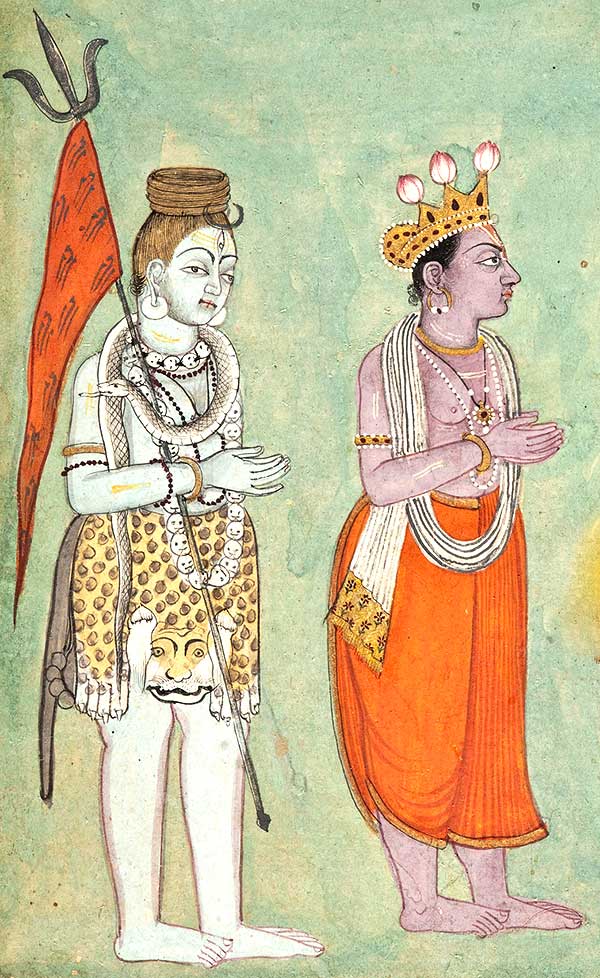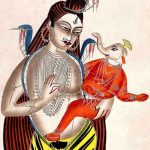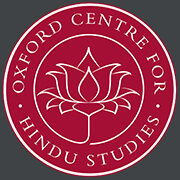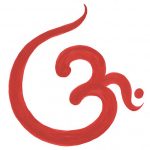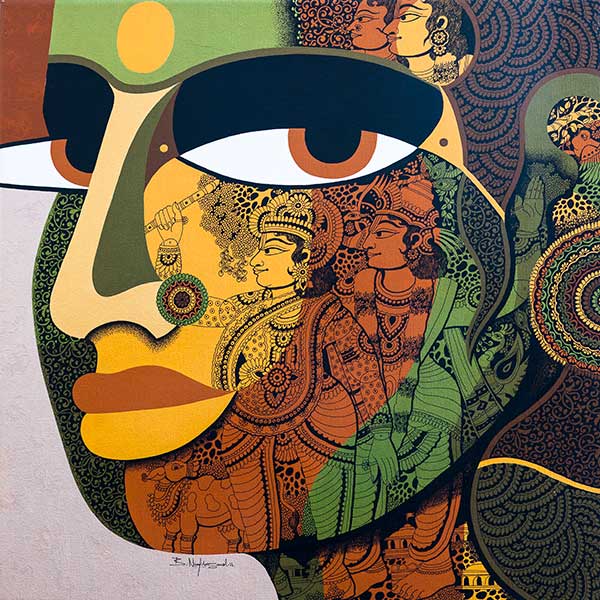Introduction to Hindu Texts, History, and Philosophy
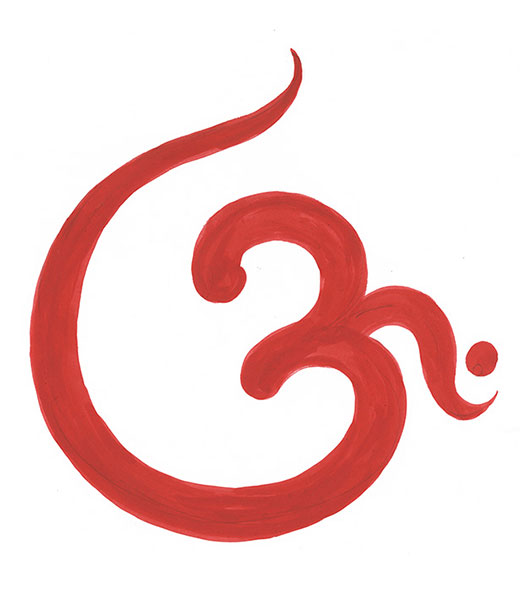
This course provides a broad survey of Hinduism, covering its key texts, history, and philosophies. We created this course to give you an understanding of the nature and scope of Hindu texts and religious traditions.
With this single course you gain an overarching idea of what Hinduism is and how it was formed. The big idea we explore here is ‘Hindu dharma’. This helps us understand Hindu identity, both traditionally and in the modern world. This course explains Hindu beliefs and values and encourages you to consider the significance of these ideas to modern life.
What does it mean to be a Hindu? How has Hinduism formed historically and how does it deal with modernity? We look at Hindu sources of authority – specifically the vast philosophical and textual traditions.
The course consists of seven sessions delivered on a weekly basis by our highly experienced and professional team of tutors. If you’d like to see what each of the seven sessions is about, then please continue reading below for more information.
Start Date: 27 July 2025
Course Duration: Seven Weeks
122 pages
Pathway(s): History of Hinduism, Introduction to Hinduism, Sacred Texts
On-Demand Video
The main video component of your course. On-demand means you can watch at the time that suits you.
6hr 50min
Campus-wide Zoom sessions
These free Zoom sessions are not part of your main course materials. They are open to students enrolled in any course.
Explore other areas of Hindu studies! Meet tutors and students from other courses!
Monday 4 August 12noon
Tuesday 12 August 2pm
Wednesday 20 August 3pm
Thursday 28 August 5pm
Sunday 7 September 6pm
These are all UK times. Recordings are available for any sessions you miss
This course offers a broad survey of Hindu texts, history, and philosophy. We look at what it means to be a Hindu. How has Hinduism formed historically and how does it deal with modernity? We look at Hindu sources of authority – specifically the vast philosophical and textual traditions.
The course consists of seven sessions delivered on a weekly basis.
Session One: What is Hindu identity?
We begin with some questions: What does it mean to be a Hindu? How do we define Hindu identity? What is dharma? We discover that there are many answers to these questions but this discussion will help us reach some conclusions.
Session Two: Origins and History of the Hindu Tradition
We now turn to the origins of Hinduism and how it has developed. Older forms of the religion appear to have been replaced by a focus on the individual rather than the group, and future lives rather than the present. From 250 BC, we find Buddhism and Jainism growing in India with many rulers following their teachings supporting renunciant communities. At the same time new forms of Hinduism emerge that speak of an omnipotent God who bestows grace and love upon his worshippers. It is these monotheistic traditions that become predominant in the early centuries AD and which gradually come to take precedence. We see how these developments influenced belief and practice. We also discuss differences between the academic view of Hindu history and that of the tradition itself.
Session Three: The Historical Development of Hinduism
We begin with a look at the new forms of Hinduism that came to prominence around two thousand years ago. We then consider the effect that foreign domination had on Indian religion. This brings us to the ‘Hindu revival’ that occurred in the first millennium AD. Although often said to be due to Shankaracharya, it seems that the process began long before him and was in fact more closely associated with the rise of a theistic Hinduism that preached love and devotion to Vishnu, Shiva, and the Goddess.
In this section we also provide some social, economic, and political context to the development of Hinduism.
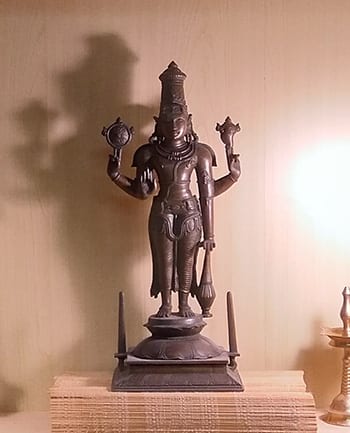
Session Four: The Hindu Texts, Part I – The Vedas
Scripture is a major form of authority in Hinduism (along with religious institutions, teachers, family, and community). We consider the the role and authority of scripture in the Hindu religious tradition. This leads to a discussion of the four Vedas and the type of religion they reveal.
Session Five: The Hindu Texts, Part II – The Upanishads and Other Texts
We now move to the Upanishads. These can be regarded as the foundation not just of Hinduism but of Indian religion as a whole. We also consider other important texts that have shaped Hinduism. Some of the texts we look at in this session are more influential than the Vedas themselves and have come to form an intrinsic part of Indian culture.
Session Six: Hindu Religious Philosophy
We examine the six schools (shad-darshana) of Indian philosophy.
Session Seven: Hindu Religious Philosophy – A Personal Deity
We turn our attention to the schools of Hinduism that believe in a personal Supreme Deity. These advocate worship and devotion as the principal form of practice to be undertaken in pursuit of liberation from rebirth.
Associated Courses
Your Tutor

Dr Nick Sutton
Nick is the Director – and the heart and soul – of the OCHS Continuing Education Department. He is a dedicated teacher with decades of experience in making sometimes-confusing traditions relevant. He has created over a dozen online courses and is working on many more. He has written translations and commentary on Bhagavad Gītā and the Yoga Sūtra. Nick received his Phd from Lancaster University (1995). His thesis was on the religious teachings of the Mahabharata.


